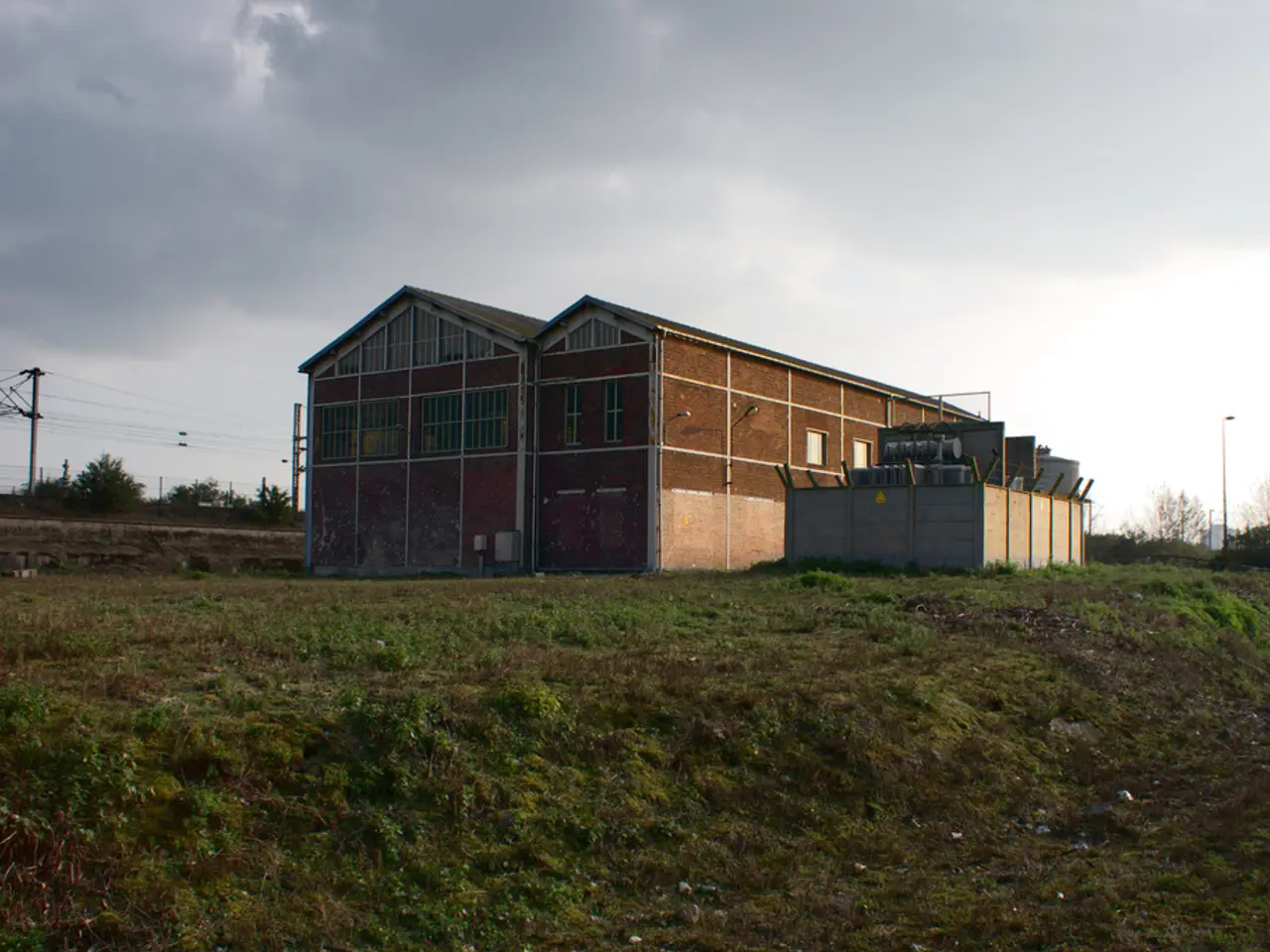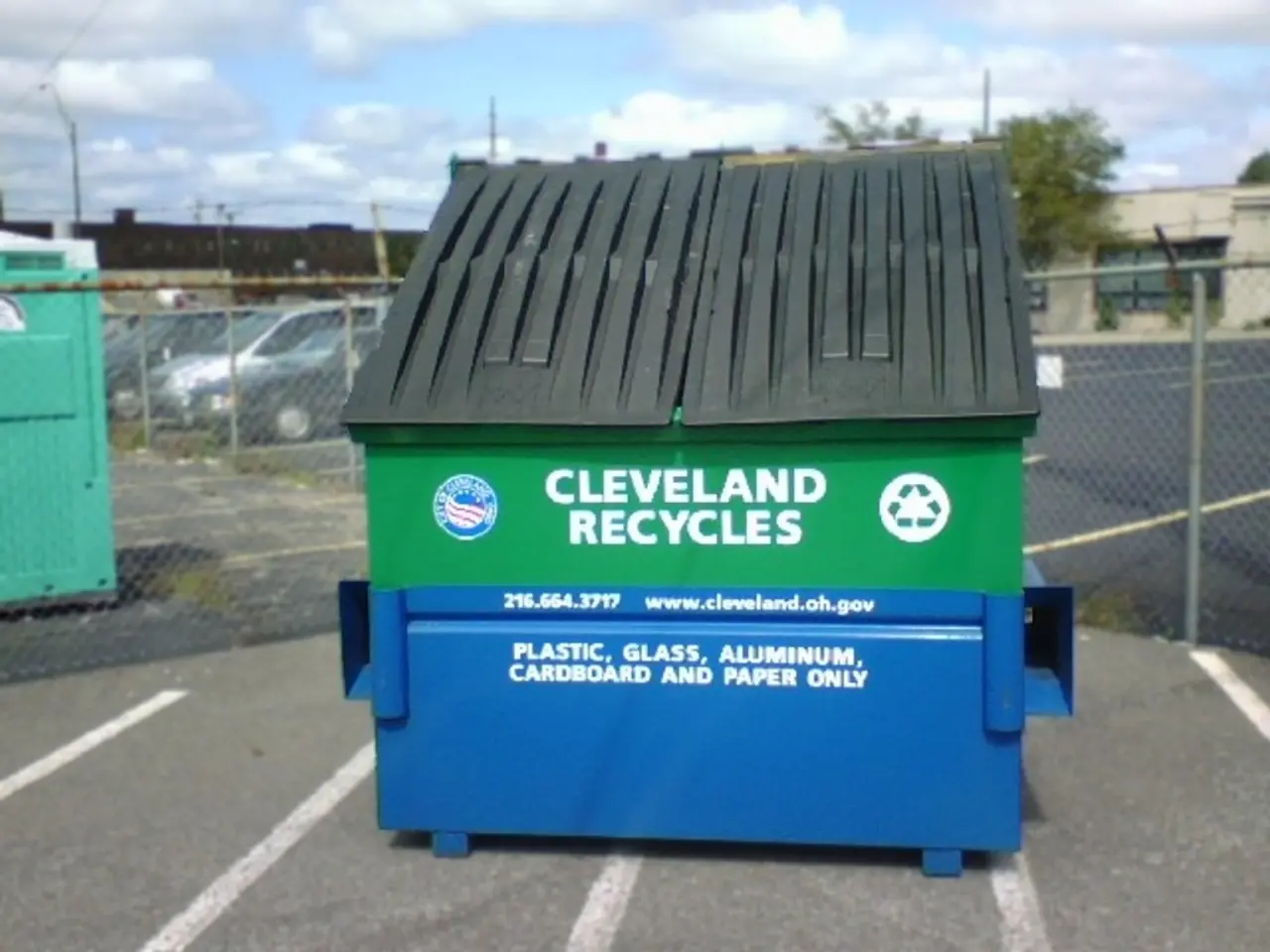Consumers can economize amidst increased electricity and gas rates
Comparing Electricity and Gas Prices in Baden-Württemberg and Rhineland-Palatinate for 2025
As energy prices continue to rise, it's more important than ever for consumers to stay informed and take action to reduce costs. Saidi Sulilatu, the editor-in-chief of "Finanztip", advises comparing prices and switching to a new contract as a way to counter potential price increases.
According to recent data, electricity prices in both regions are on the rise. As of August 7, 2025, electricity prices (gross) in Rhineland-Palatinate are around 46.79 cents per kWh with the local supplier, while in Baden-Württemberg, the local electricity price is about 45.43 cents/kWh. However, it's important to note that grid fees (Netzentgelte) for electricity are the same for both states, at 11.7 cents/kWh, reflecting a rise due to the redistribution of grid costs.
Gas prices have also seen some changes. As of early August 2025, gas prices for new customers are about 9.0 cents/kWh, with existing customers paying around 11.3 cents/kWh nationwide. There is no region-specific gas price data for Baden-Württemberg and Rhineland-Palatinate, but these prices provide a baseline for comparison.
To make a fair comparison, it's essential to consider both prices per kWh and network fees for each energy type and region. Consumers can offset these additional costs by switching to a cheaper electricity provider or by investing in energy efficiency to reduce consumption.
Sulilatu expects gas prices to rise, and advises comparing gas providers to secure the best deals. Potential cost offset strategies could also include investigating tax deductions or incentives for energy investments from government policies.
To proceed, consumers should collect up-to-date local electricity tariffs from suppliers in both regions, check current and forecasted gas contract prices for new and existing contracts, calculate total costs per kWh including grid fees and taxes, consider potential savings from switching providers and any government incentives applicable in 2025, and monitor changes in net charges and taxes throughout the year.
In summary, both Baden-Württemberg and Rhineland-Palatinate face increased electricity grid fees in 2025, raising electricity prices to about 45–47 cents/kWh including net charges. Gas prices are somewhat lower (~9–11 cents/kWh) but also subject to market fluctuations. Offsetting additional costs primarily involves supplier comparison and energy usage optimization.
- Investing in renewable-energy sources could be a viable option for personal-finance management, as it could lead to long-term savings by reducing reliance on traditional electricity and gas providers.
- In the process of budgeting for energy expenses in 2025, it's crucial to factor in the industry's financing aspects, such as network fees and taxes, to make an accurate comparison between energy providers in Baden-Württemberg and Rhineland-Palatinate.
- To mitigate the potential impact of increasing gas prices, consumers should consider seeking out financial incentives, such as tax deductions or subsidies, for investing in energy-efficient appliances or renewable-energy solutions, as suggested by Saidi Sulilatu.




